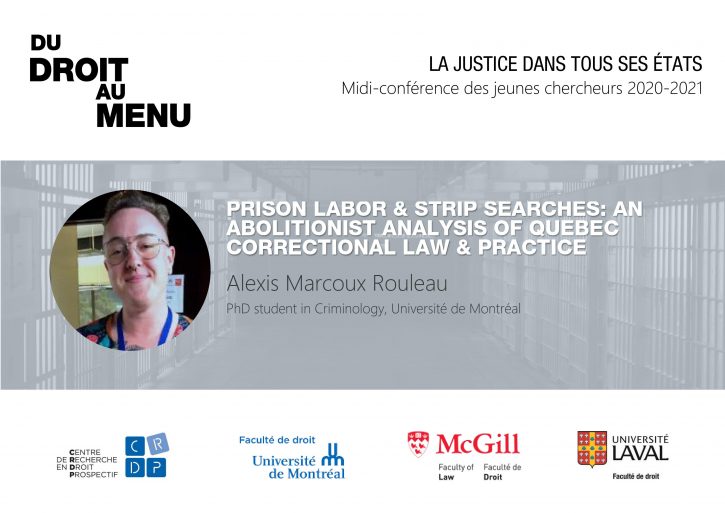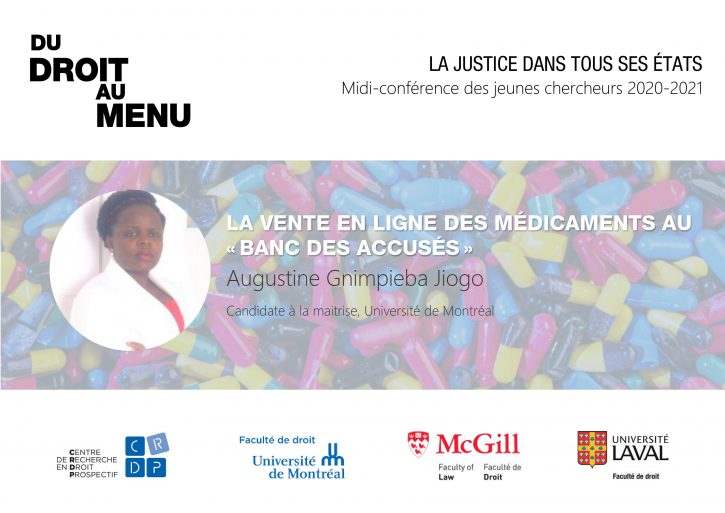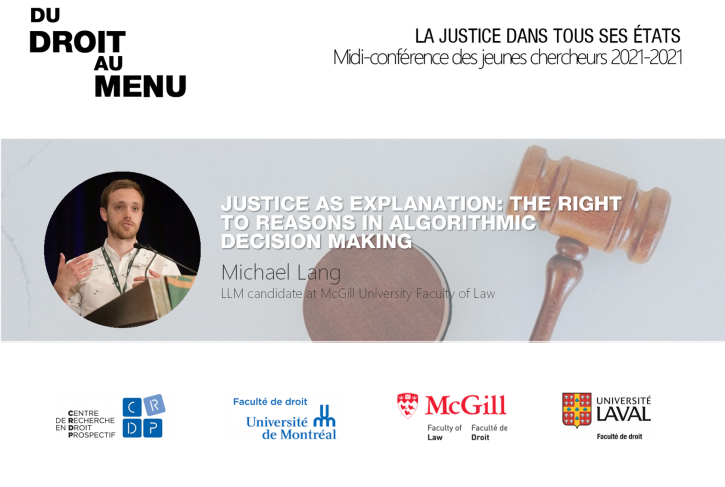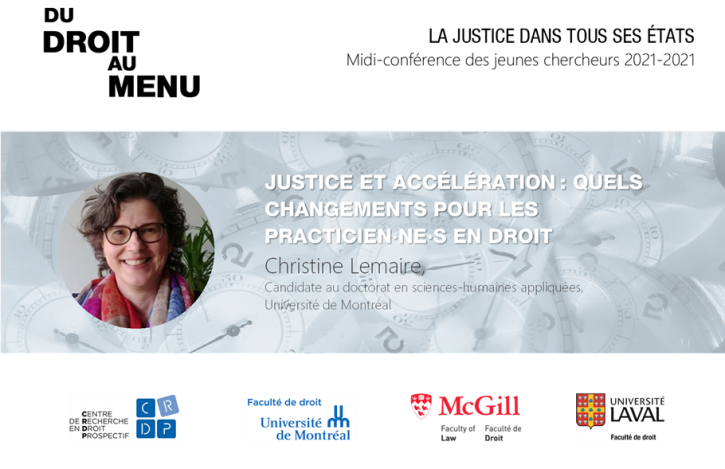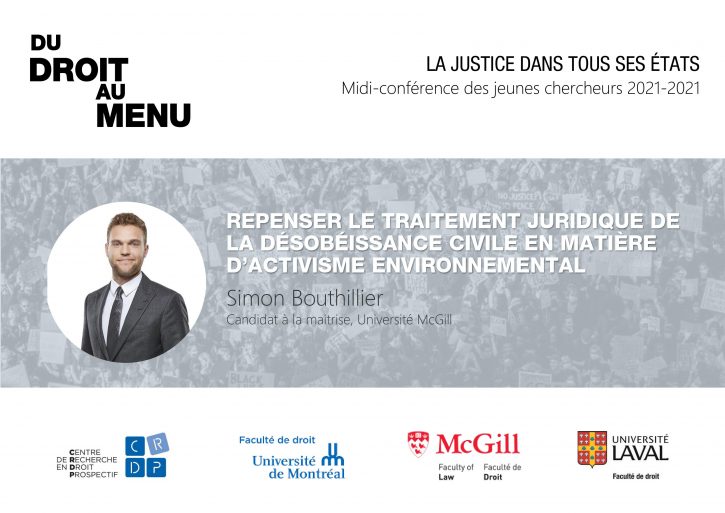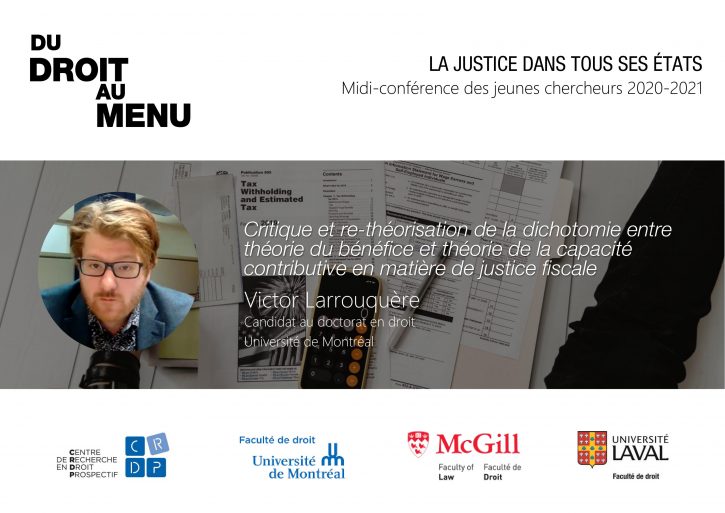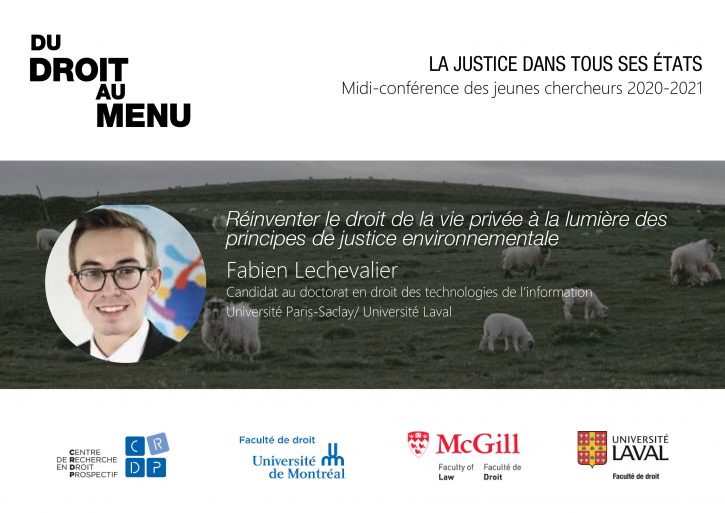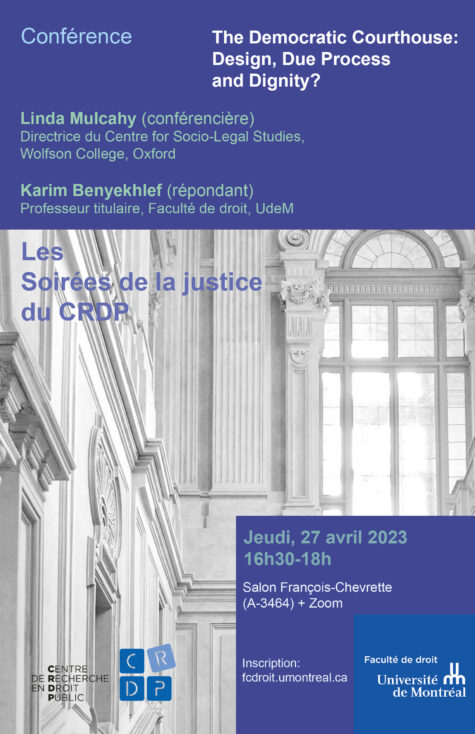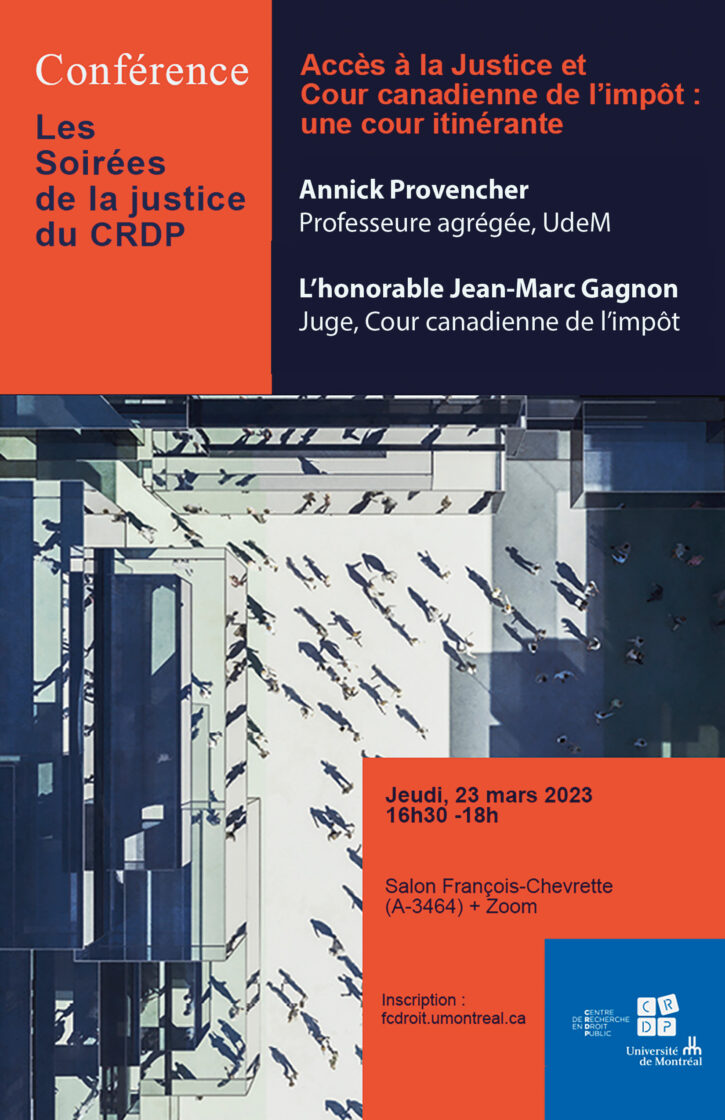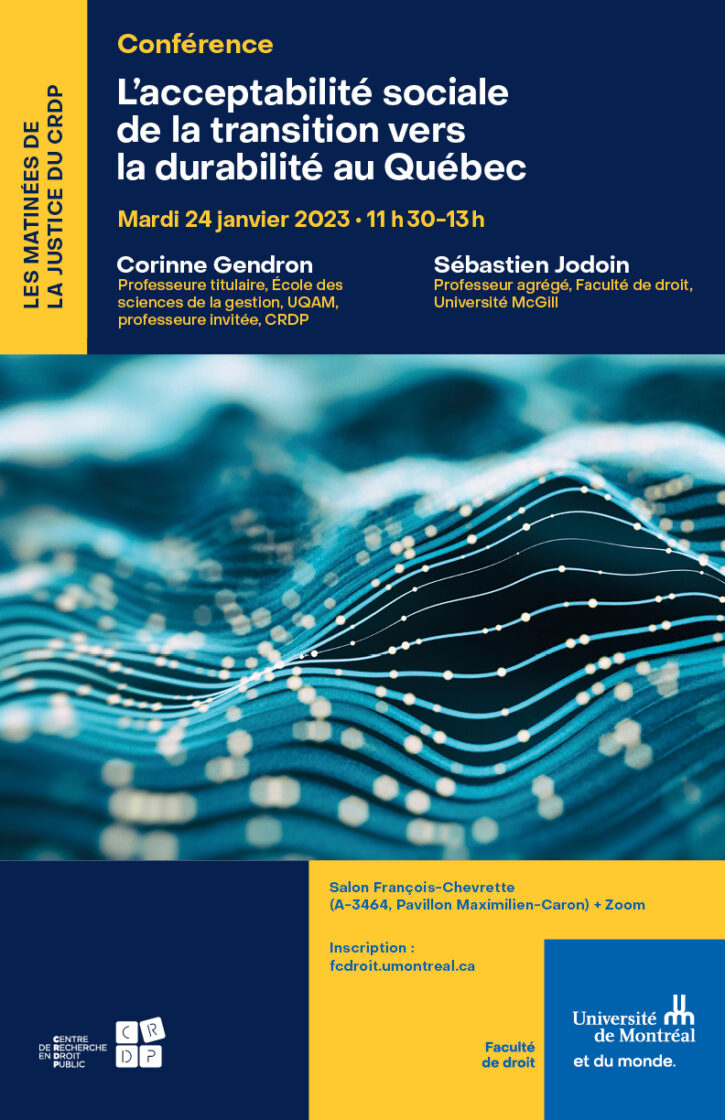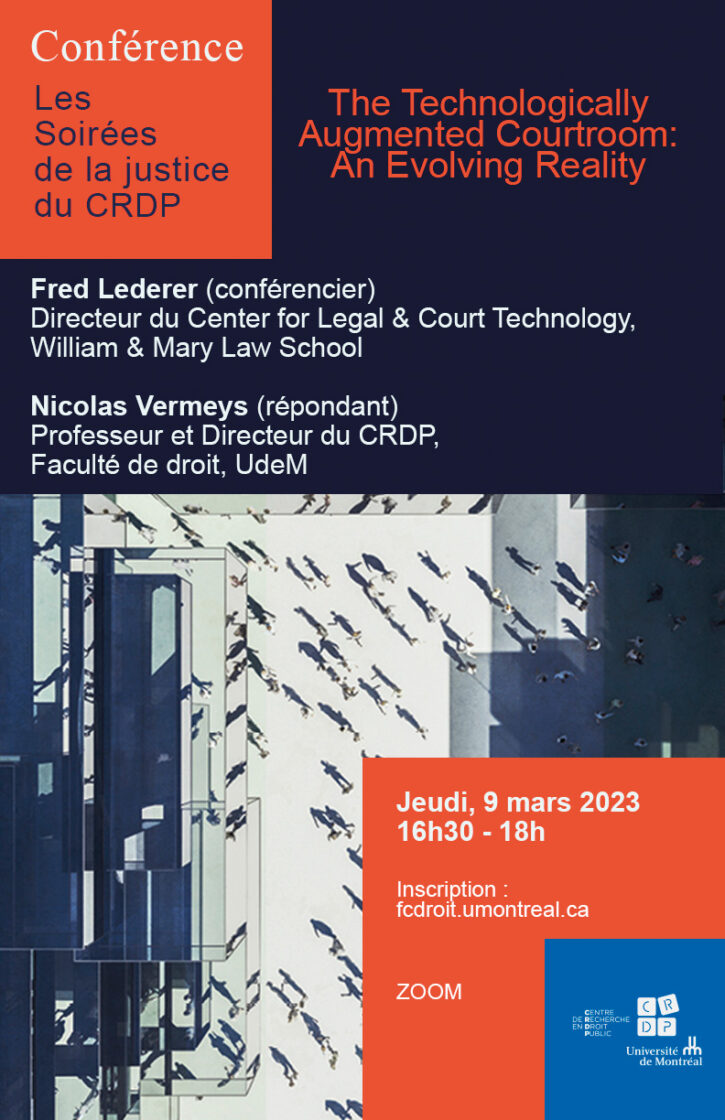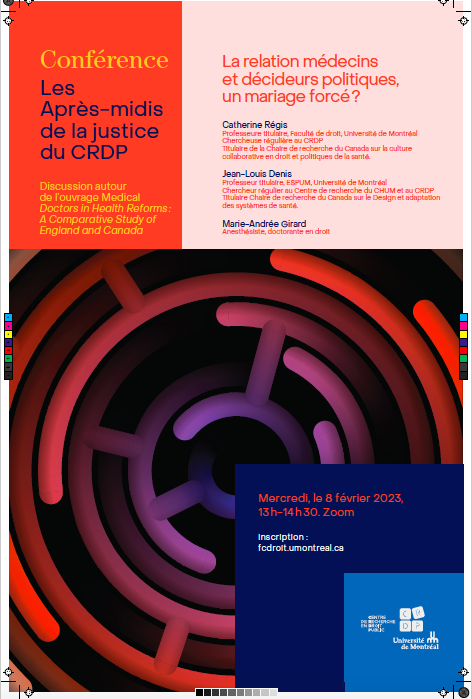The rise to prominence of investor-state dispute settlement (ISDS) on the international scene has been accompanied by escalating opposition. Although the breadth of criticism is extensive and diverse, the arbitrators’ involvement in multiple roles as adjudicators, counsel, expert witnesses, or tribunal secretaries, thus wearing “double hats,” raises unique challenges to their legitimacy. Despite ongoing efforts to reform the mechanism, striking a balance between the investors’, the states’ and the general public’s understandings of an independent and impartial justice system is proving to be difficult. Consequently, the regulation of the issue continues to be a highly contentious matter. Against this backdrop, this paper cautions against the conception of independence and impartiality as a universal value and aims to construct a context-based definition of “double-hatting” that fits the institutional features of ISDS. To this end, it takes on a novel approach to the study of the issue by conducting a comparative assessment of the rules relating to “double-hatting” in various international and domestic adjudicative mechanisms and analyzing the relationship between the rules and their underlying institutional contexts. This can provide valuable insights for the preparation of the ISDS Code of Conduct.
Midis-conférences
Regulating “ Double-Hatting ” in ISDS : A Comparative Analysis
Midis-conférences des Jeunes Chercheurs CRDP (2020-2021)
" La justice dans tous ses états "
En ligne
En ligne
